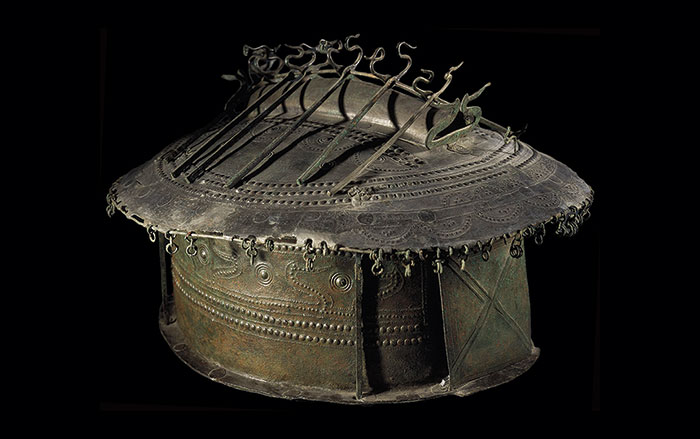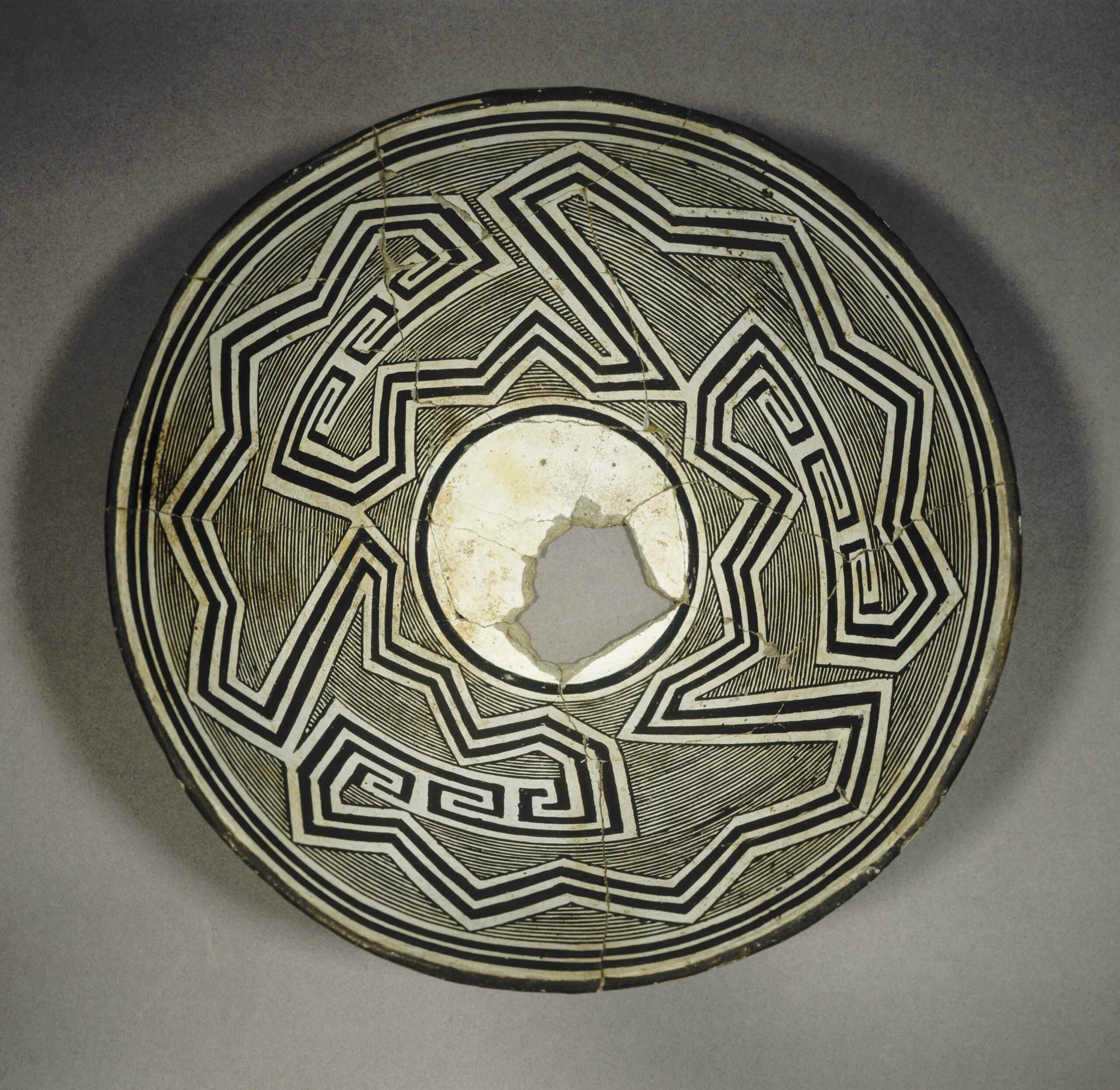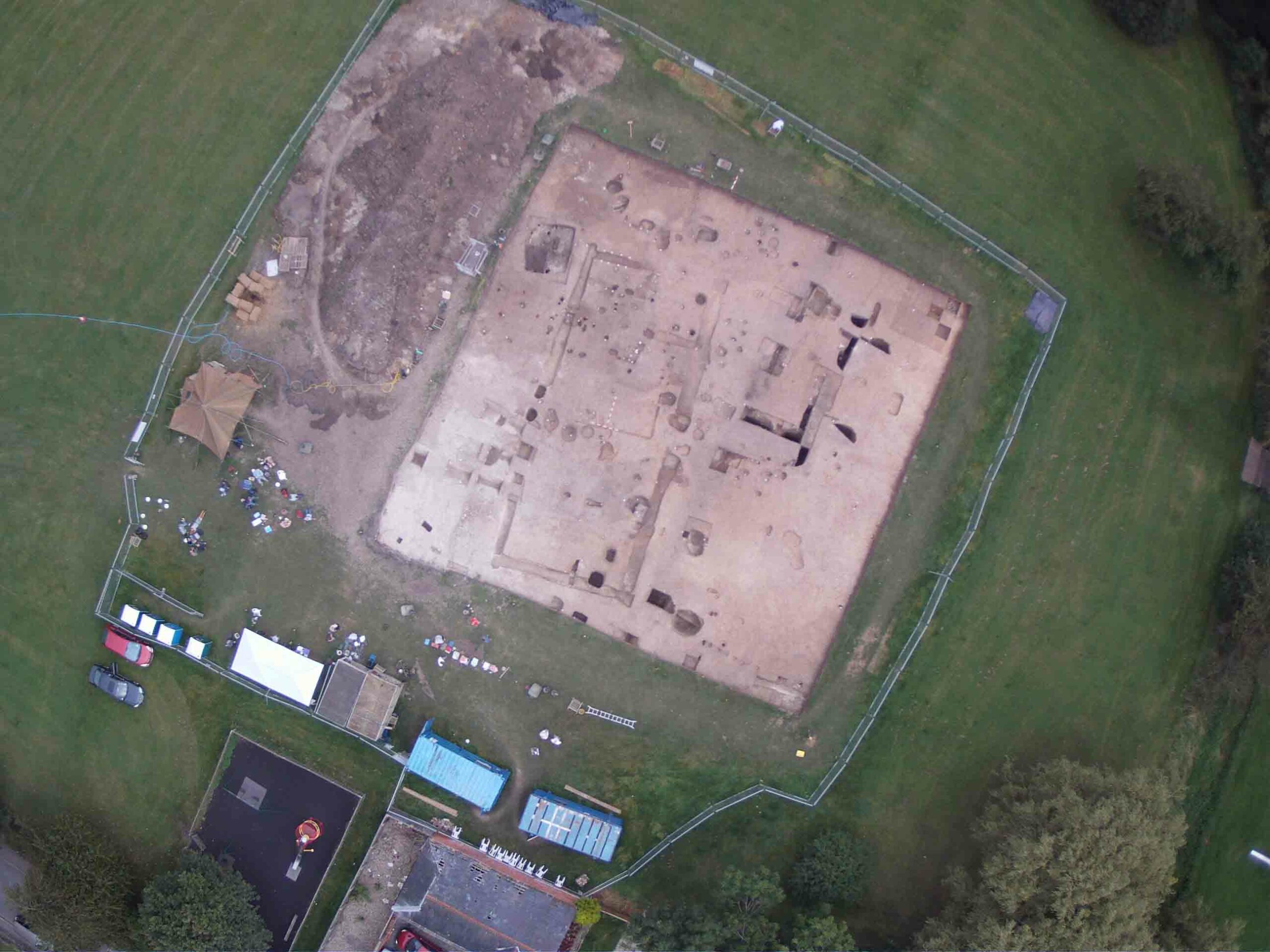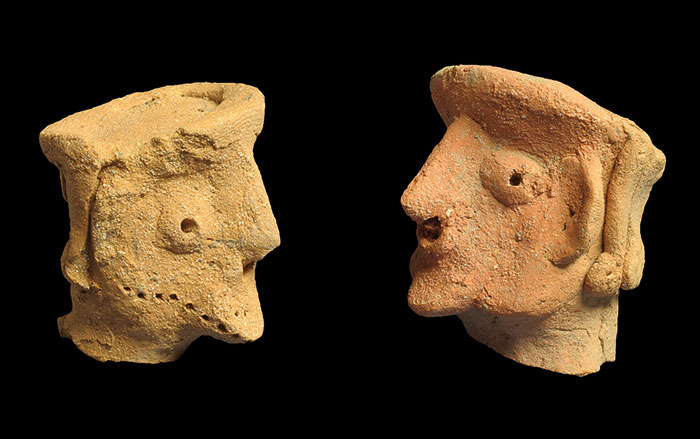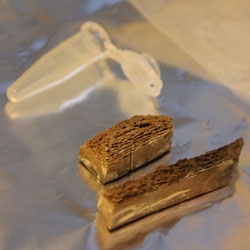
COPENHAGEN, DENMARK—Scientists have successfully put together a draft of a 700,000-year-old horse’s genome from a foot bone buried in permafrost in Canada’s Yukon Territory. The feat opens the door to the possibility of sequencing DNA from human ancestors dating as far back as two million years. The draft stands as the oldest completed genome of any animal, besting that of an ancient human from 80,000 years ago. The team sequenced portions of the DNA from the 700,000-year-old foot and compared and spliced it with parts of the modern horse genome to assemble the full draft. The work provides a template for one day attempting to piece together DNA from Australopithecus sediba, an ancient hominid whose bones were found in South Africa trapped in rock.





